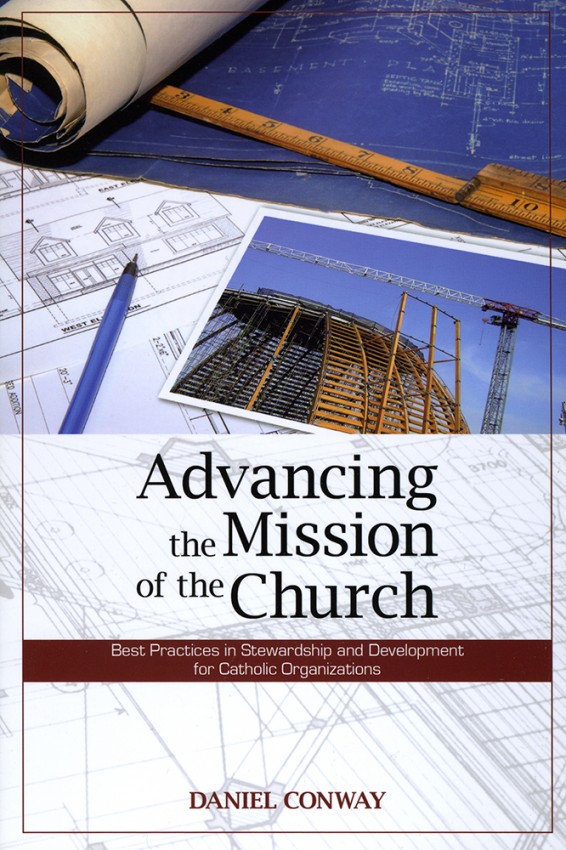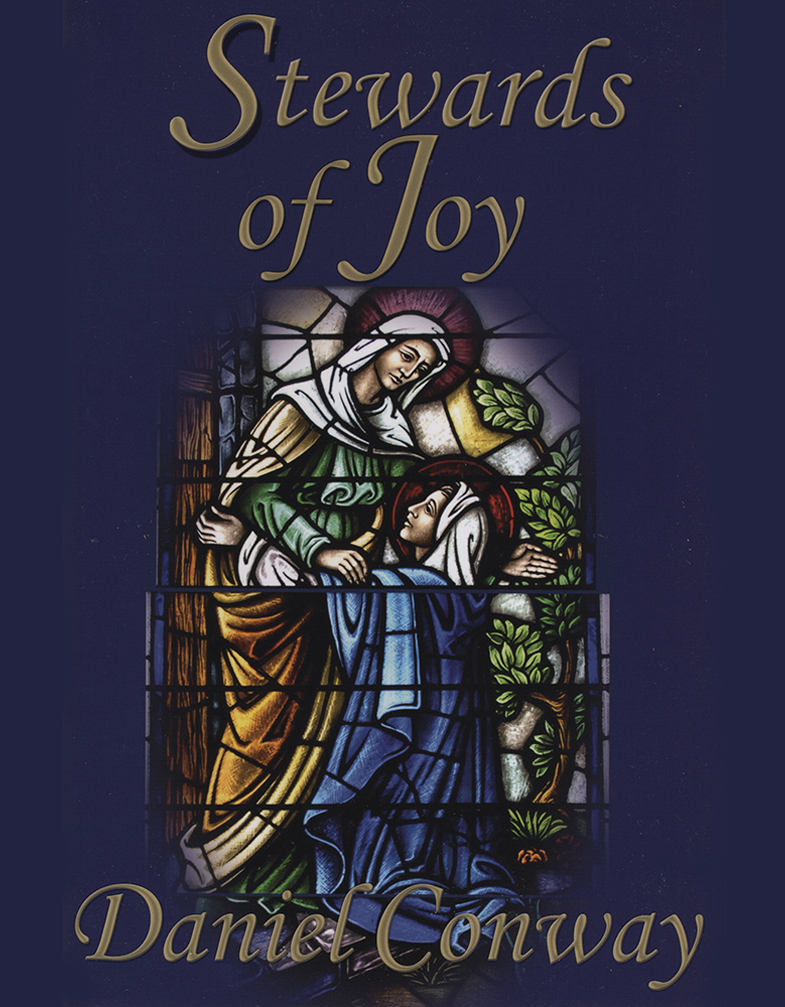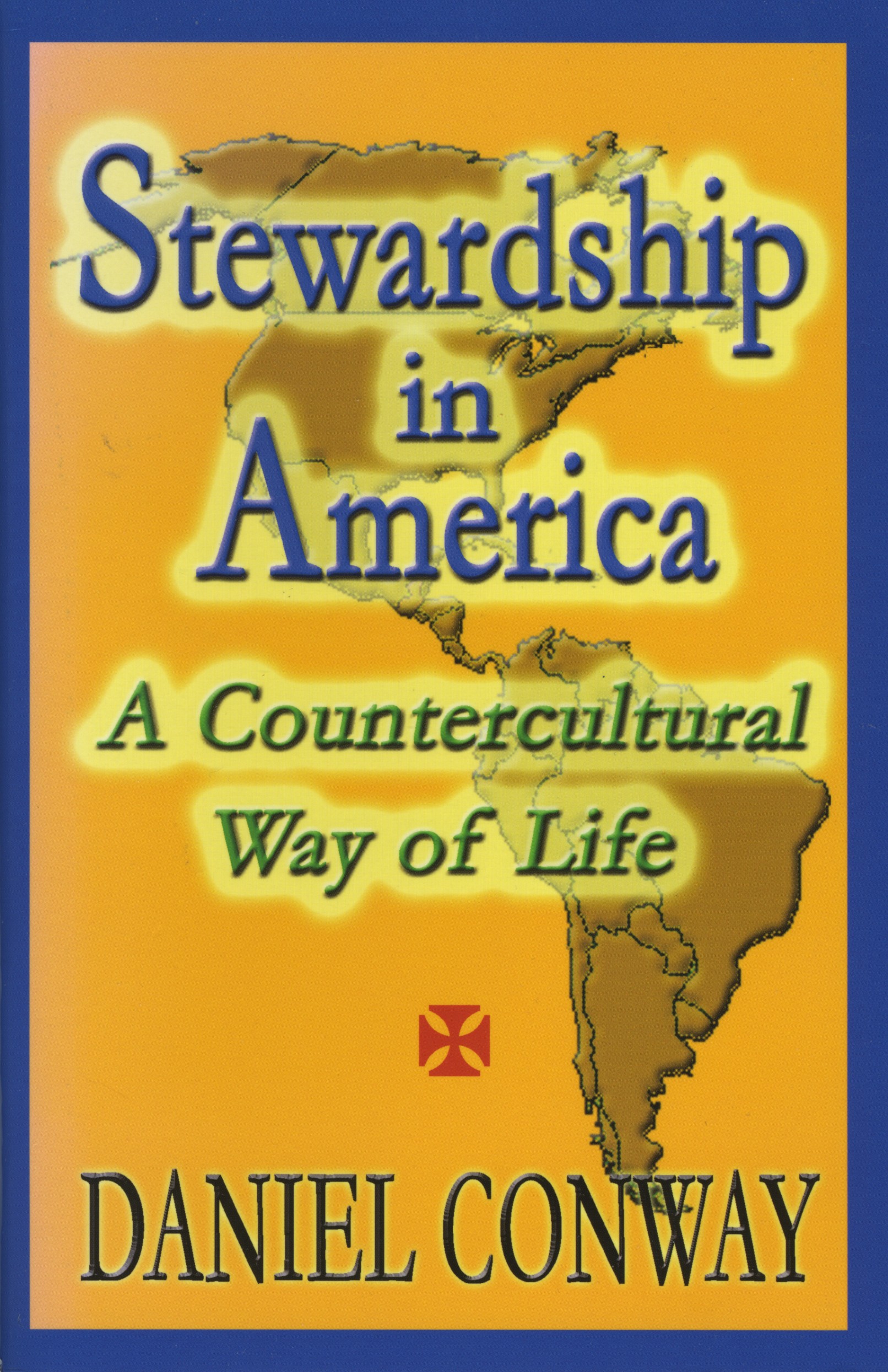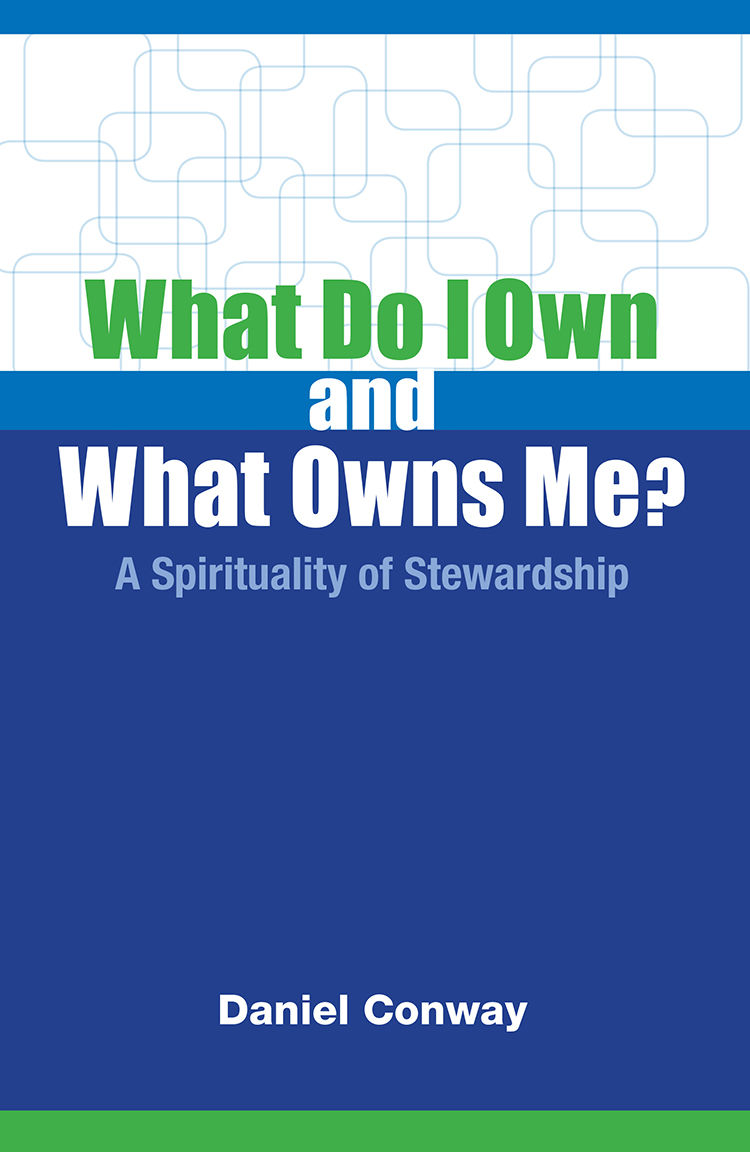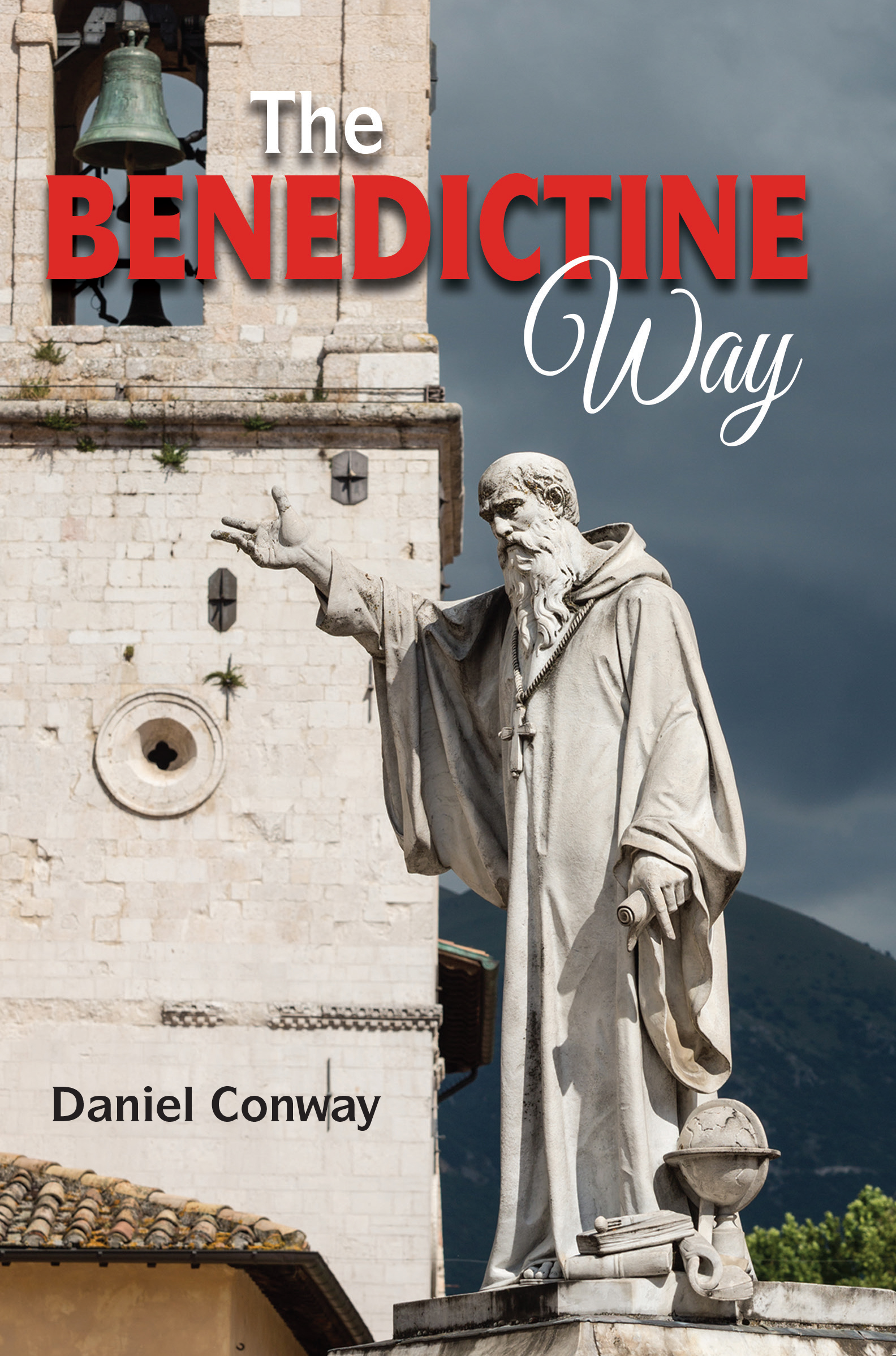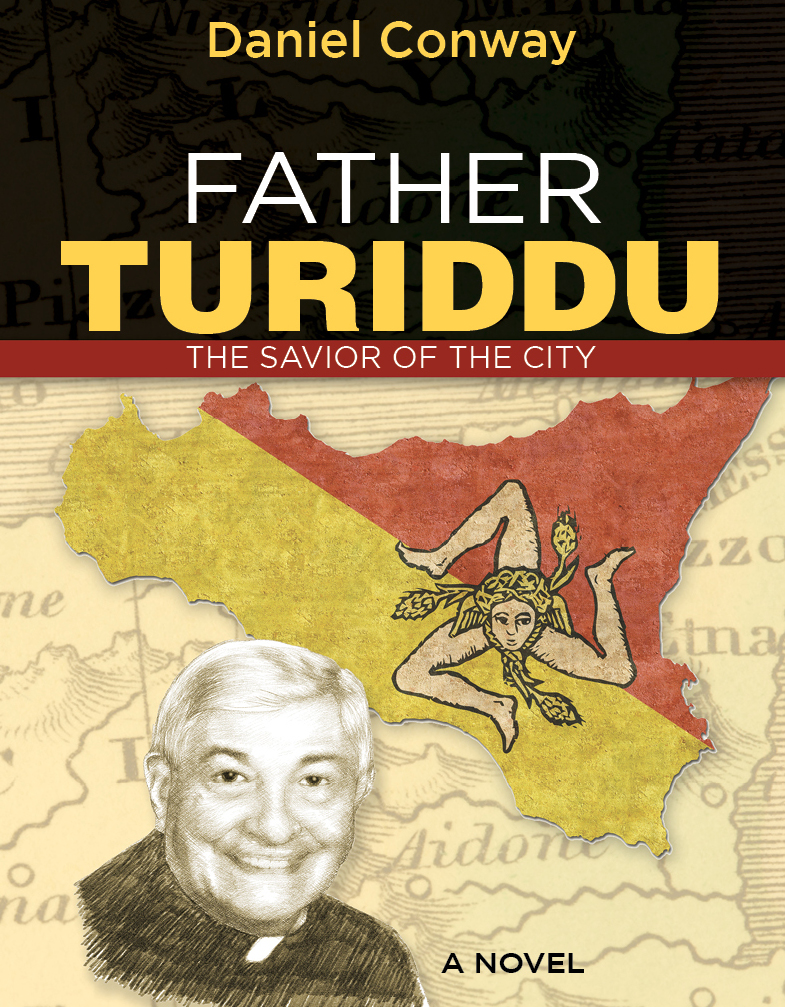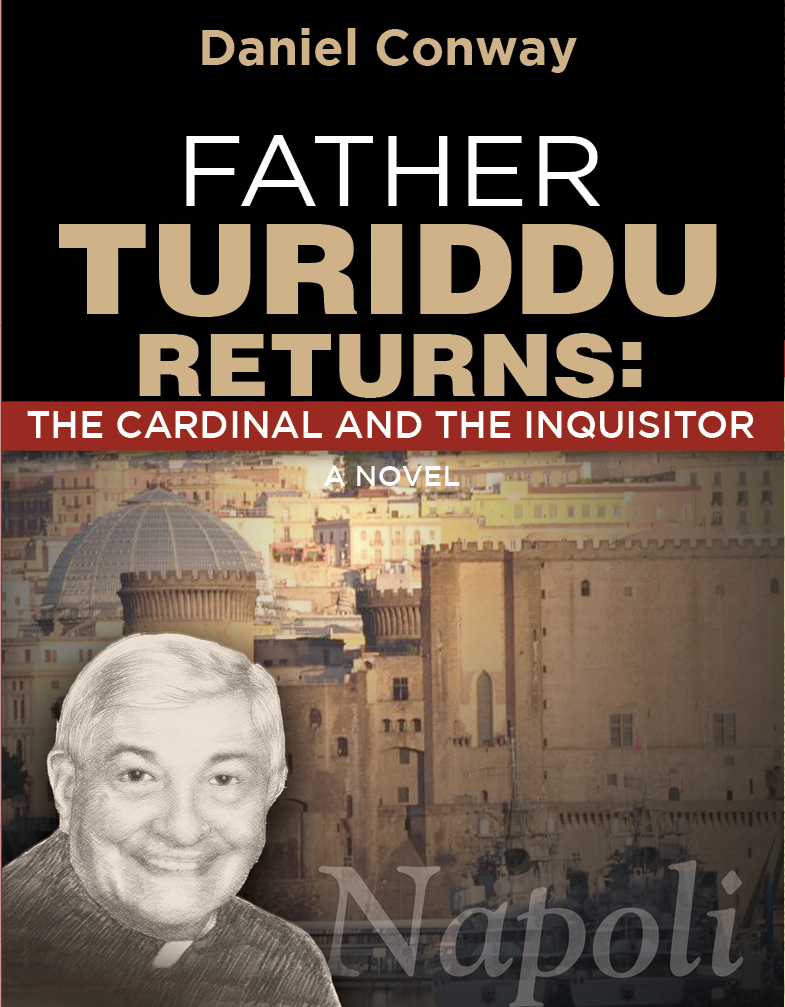A little more than five years ago, Pope Benedict XVI surprised the entire world with his announcement that he was stepping down from the throne of St. Peter, the first pope to resign in more than 400 years.
Weeks later, the world was surprised again when Jorge Maria Bergoglio, the cardinal archbishop of Buenos Aires, was elected as the first non-European since the 8th century, the first from the Americas, and the first Jesuit pope. Surprising again was his choice of a name that no pope before him had chosen, and his decision to live in the Vatican guest house, rather than the papal residence.
The surprises have continued throughout the five years that Pope Francis has been Bishop of Rome. In the spirit of his patronal saint, Francis of Assisi, this pope has demonstrated his love for the poor and marginalized. He has sought out people in prisons, refugees, victims of natural disasters and homeless people living in the shadow of the dome of St. Peter’s Basilica.
Pope Francis has surprised the world (including the Vatican’s inner circle) by his candid remarks on a wide variety of topics. He has challenged Christians to shake off indifference, move beyond their comfort zones, and go out to the peripheries to proclaim the Gospel and to “be Christ” for those who are most in need.
The 81 year-old pope shows surprising youth and vitality in his outreach to young people. He has traveled to traditional places such as the United States but also to unlikely places such as Bosnia and Herzegovina. He has met with world leaders from all over the globe and has not shied away from sensitive topics such as immigration reform and climate change.
The mainstream media often portray Pope Francis as a progressive papal reformer, but here, too, the pope is full of surprises. Traditional themes such as the importance of the Sacrament of Reconciliation are at the top of Pope Francis’s agenda, especially as he stresses the importance of divine mercy (a theme also stressed by Pope St. John Paul II and Pope Benedict XVI). The main difference is that Pope Francis uses gestures to underscore his teaching. As a result, he frequently goes to Confession in places where he can be seen kneeling in a confessional, giving personal witness to the grace of the sacrament.
Pope Francis is sometimes accused of being too soft on sinners, especially those who are at variance with traditional Church teaching on sexuality. Here again, the pope’s pastoral approach may seem surprising, but in actuality he stands firmly with the Church. As Bishop Robert Barron has written in Vibrant Paradoxes: The Both/And of Catholicism, “I balk at the suggestion that the new pope represents a revolution or that he is dramatically turning away from the example of his immediate predecessors. And I strenuously deny that he is nothing but a soft-hearted powder-puff indifferent to sin.”
As Bishop Barron goes on to say, “To speak of mercy is to be intensely aware of sin and its peculiar form of destructiveness. Or, to shift to one of the pope’s favorite metaphors, it is to be acutely conscious that one is wounded so severely that one requires not minor treatment but the emergency and radical attention provided in a hospital on the edge of a battlefield.” The pope who answered a journalist’s question, “Who is Pope Francis?” with the simple but profound statement: “A sinner,” is not soft on sin, but he strongly insists on God’s mercy!
The words of Pope Francis are the subject of a new book, A Pope Francis Lexicon, which is a collection of more than fifty essays by contributors from around the globe including Cardinal Joseph W. Tobin, C.S.s.R. Each essay focuses on a particular word or phrase such as joy, clericalism, money, family, sourpuss, field hospital and tears. As the essays make clear, this pope’s influence is vast and profound not because of extensive writings (as was the case with his immediate predecessors) but because his words are often surprising and unsettling, cutting through the dense fog of the familiar cultural and ecclesial status quo and hitting very close to home—often too close for comfort!
As we observe the fifth anniversary of Jorge Maria Bergoglio’s election as Bishop of Rome, it’s appropriate to look backward and thank God for a pope who challenges us as often as he comforts us. We don’t have to agree with everything Pope Francis says (only the infallible teaching of the magisterium), but we should pay attention to him.
Looking ahead, we should let him surprise us with his words and actions. And we should thank God for the gift of his papacy during the past five years. Ad multos annos!
Copyright © 2018, Daniel Conway Permission is given to copy and distribute this Good Steward Newsletter for use in religious or educational settings provided that proper attribution is given to the author. This publication may not be sold or distributed to the general public without the express permission of the author.


